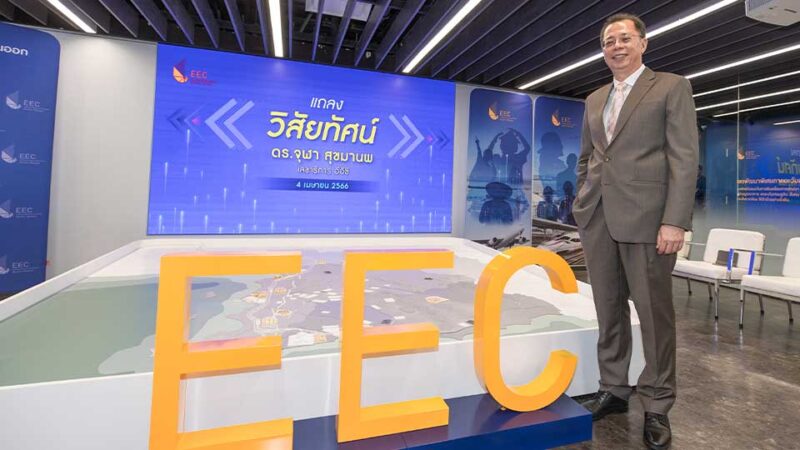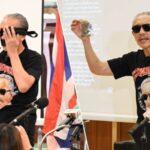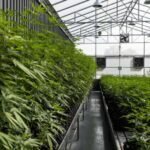On Monday, the newly appointed head of the Eastern Economic Corridor (EEC) revealed his plan to speed up development after considering the effects of COVID-19 and the current economic recession.
The EEC Office’s new secretary-general, Chula Sukmanop, revealed his five-year plan to transform the corridor into a “prototype of sustainable development” on April 1.

In order to be consistent with the future global environment and the effects of the worldwide economic slowdown brought on by COVID-19, which had an impact on the older population, the new EEC growth plan has been evaluated and revised, according to Chula.
“By embracing future industry trends in the overall five-year vision of the EEC, one may boost one’s potential to attract investors in new industries in accordance with worldwide investment trends as well as in Thailand,” he stated.
Land, labor, law and regulations, and logistical infrastructure are his four main areas of interest.
When it comes to land, the EEC will be ready and speak with various industrial estates to decide where to place zones that will specifically welcome investments from each type of business.
The development of labor skills will take the form of an all-inclusive package that will entice investors. The necessary personnel will be on hand to fulfill business requests.
Modifying rules and legislation to make it simpler to invest and establish businesses in the area.
To reduce operational costs, focus will be placed on infrastructure optimization for transportation and logistics. According to Chula, the EEC wants to attract 2.2 trillion baht in investment over the course of five years, which would increase annual economic growth to 5%.

Moreover, a sustainable development model has been created to support the main goals of the EEC.
The first goal is to manage crucial infrastructure in order to support the EEC’s four primary infrastructure management objectives, which include increasing private sector engagement, finding solutions to problems, coming to a swift conclusion, and making sure the operation complies with this year’s plans.
The Eastern Aviation City and U-Tapao Airport development projects, phase 3 of the Map Ta Phut industrial port development project, and phase 3 of the Laem Chabang port development project are all on the list of EEC projects.
In addition, new purchasing power parity investment projects like the Pluak Daeng Hospital 2 project, which will soon improve healthcare for EEC citizens, will be pushed, according to Chula.
This is intended to bolster investor confidence and give a clear picture of the advancements the EEC has made in carrying out its strategy to entice investors from all around the world, he explained.
As part of its plan to attract 2.2 trillion baht in investment over the following five years, it would also promote investment in particular sectors in both ongoing and new projects, with the aim of securing 400 million baht in investment annually.
The EEC would focus on luring 150 billion baht in international investment each year.
“Concrete initiatives will be put into action to help the EEC become more invested in luring investors. Organizing road shows, stimulating investment in distinctive economic development zones, and supporting investment in distinctive firms are a few of them, according to Chula.
In order to provide a one-stop service, he stated, “We will set up special promotion zones for extra special activities, such as the construction of operations support systems and the Pluak Daeng Hospital 2.”
He continued, “In the EEC, manpower would be created to create professional salespeople and attract particular investors in each targeted industry to enter the EEC.
This year would be “the year of investment,” Chula added.
The third goal is to raise the standard of living by emphasizing collective living in its entirety.
The standard of living and quality of life will be improved, local businesses will grow, people will build careers to increase their income, and the area will become a popular tourist destination in the EEC to expand the role of networks so that locals will benefit and lead better lives as a result of the EEC’s expansion.
Our objective is to maintain a good standard of living in the neighborhood, especially in the more promising economic areas, he said.
This will be achieved, he stated, “by promoting the development of the local economy for the villagers, the rise of wellness health tourism to raise revenue, and the improvement of education and environmental management to continuously and sustainably improve the people’s quality of life.”




